Instyle’s Managing Director Michael Fitzsimons has written an open letter to the design community in which he outlines seven reasons not to specify Good Environmental Choice Australia (GECA) products.
Instyle’s Managing Director Michael Fitzsimons has written an open letter to the design community in which he outlines seven reasons not to specify Good Environmental Choice Australia (GECA) products.
November 29th, 2010
Instyle’s Managing Director Michael Fitzsimons has written an open letter to the design community in which he outlines seven reasons not to specify Good Environmental Choice Australia (GECA) products.
Open Letter to the Design Community
Dear Industry Colleagues,
7 Reasons why NOT to specify Good Environmental Choice Australia (GECA) products
INSTYLE has been concerned for many years about the monopoly which the Green Building Council bestowed upon Good Environmental Choice Australia (GECA), the inadequacy of the GECA Textile Standard, and the way in which GECA operates its ecolabelling program.
From March 2006 until May 2010, GECA was the only third party whose certification for furniture was recognised by the Green Building Council for their Green Star rating tool.
While we are pleased that the Green Building Council now recognises both Ecospecifier and AFRDI’s furniture standards, and that it no longer recognises GECA’s Textile Standard, we are still concerned that many specifications are still calling for GECA certified products.
INDESIGN is on instagram
Follow @indesignlive
A searchable and comprehensive guide for specifying leading products and their suppliers
Keep up to date with the latest and greatest from our industry BFF's!

A longstanding partnership turns a historic city into a hub for emerging talent
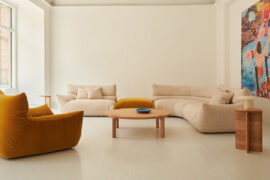
A curated exhibition in Frederiksstaden captures the spirit of Australian design
The internet never sleeps! Here's the stuff you might have missed
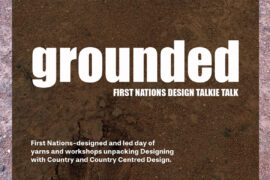
Several design groups are coming together on 29th October, 2025 for ‘grounded,’ a day of talks and workshops on Country-centred design.
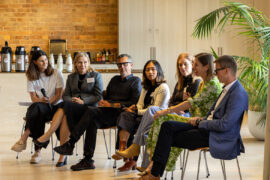
In this comment piece by Dr Matthias Irger – Head of Sustainability at COX Architecture – he argues for an approach to design that prioritises retrofitting, renovation and reuse.
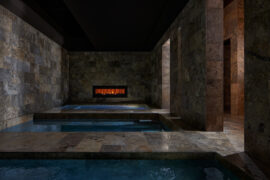
Hogg & Lamb’s Albion Bathhouse has been awarded The Health & Wellbeing Space at the INDE.Awards 2025. The project reimagines the contemporary bathhouse as an immersive architectural journey – one that restores balance through atmosphere, materiality and mindful design.
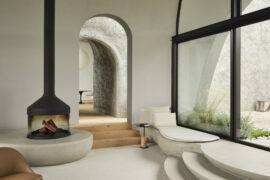
Leeton Pointon Architects and Allison Pye Interiors have been awarded as the winner of The Living Space at the INDE.Awards 2025 for their exceptional project House on a Hill. A refined and resilient multigenerational home, it exemplifies the balance of architecture, interior design and landscape in creating spaces of sanctuary and connection.